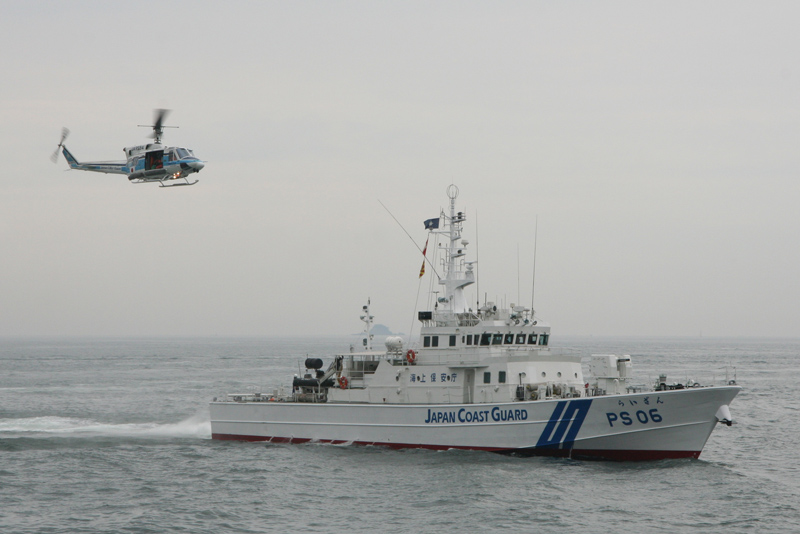By Manuel Mogato
MANILA (Reuters) - Washington and Manila have expanded talks on military cooperation to include possible U.S. funding to build facilities and the storage of U.S. humanitarian relief supplies, the Philippine envoy to the United States said on Tuesday.
The wider scope of the talks for joint use of civilian and military facilities signals rapidly warming security ties between the allies as the Philippines looks to the U.S. administration to help counter a newly assertive China.
The Philippines has ruled out granting permanent basing rights to Washington, Ambassador Jose Cuisia said, but it would give U.S. warplanes and warships wider access to Philippine bases on a temporary and rotational basis, helping the Asian nation improve its minimum defence capability.
The increasing rotational presence of U.S. forces in the country is covered by the 1998 Visiting Forces Agreement, but a new arrangement would be needed if Washington built facilities to support its temporary deployment to the Philippines.
"We need to expand (the 1998 pact) further because we may have to build some additional facilities," Cuisia told reporters in the Philippine capital.
The two countries have been in talks since 2011 for "joint use" of civilian and military facilities.
The informal talks had reached ministerial level, Cuisia said, with both sides hoping for a deal before President Benigno Aquino steps down from office in June 2016.
"There has to be some agreement to support it. Especially if they spend money, there will have to be some agreement."
Cuisia said a new pact might involve a U.S. request for the storage of equipment and supplies in the Philippines to prepare for humanitarian aid and disaster relief efforts.
That would reduce delays in bringing in equipment from elsewhere, such as bases in Guam and Honolulu, he said.
"Then whenever it's needed it's so much easier to use that equipment because it's already here."
But funding construction activities could be a problem for the United States following huge cuts in its defence spending, Cuisia said.
Last month, the Philippine military told Reuters about plans to revive air and naval bases at Subic Bay, a former U.S. Navy facility that American forces could use to counter China's presence in the disputed South China Sea.
Military and diplomatic sources familiar with security talks between the allies told Reuters Washington had identified fewer than a dozen civilian and military facilities to which it wanted greater access, most of them facing the South China Sea.
In some civilian locations, the military would need to build facilities for security and storage of supplies, spares and equipment. These facilities could later be offered for joint use with the United States.
Last December, the two nations also started informal talks on the pre-positioning of materials and gear, including that to be withdrawn from Iraq and Afghanistan as some U.S. forces return home, an air force colonel familiar with the talks said.
"The U.S. military would like to keep tonnes of humanitarian equipment, like tents, generators and shelter materials here," he told Reuters, adding that the latest two-way exercises on disaster response focused on this type of operation.
(Reporting by Manuel Mogato; Editing by Clarence Fernandez)



